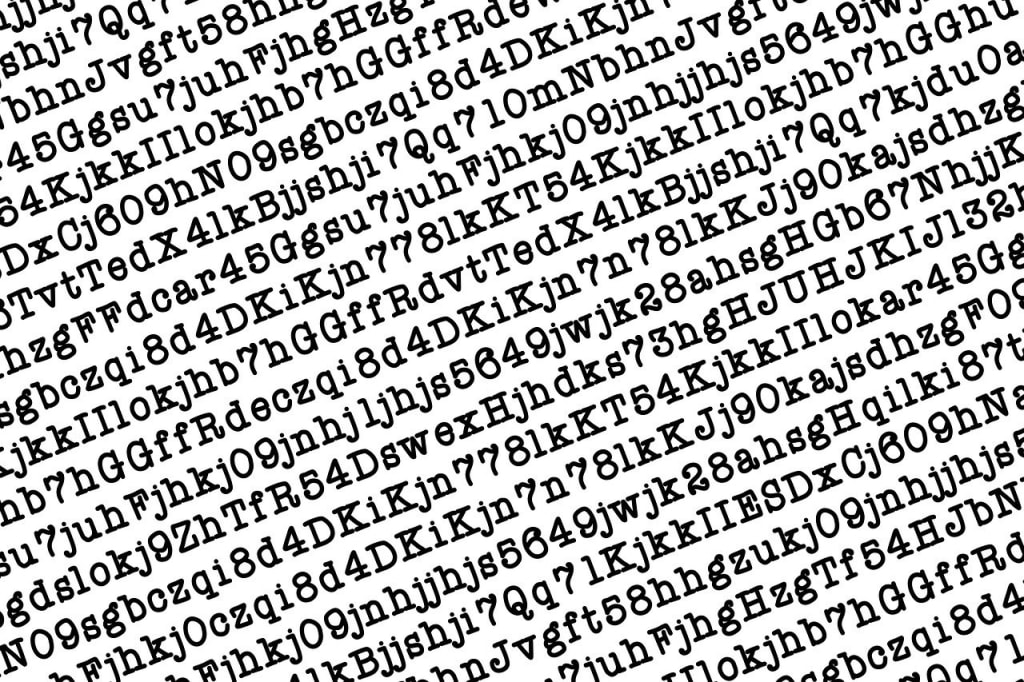Talk about Base64: Encode & Decode
The basics of Base64

In this article we will talk about Base64 encoding and decoding. By the end of this article, you will know what Base64 is, what encoding and decoding are, what the pros and cons are, and what the applications are.
What is Base64?
Base64 is a character string format for encoding binary data. It was created to let binary data to be transferred over text-based medium that were not meant to handle binary data, such as email. Base64 encoding represents data with a set of 64 characters that includes letters, numbers, and some special characters. The encoded data is greater than the original data since each character in the encoded string comprises 6 bits of data.
How Base64 Encoding Works
Base64 encoding divides input data into 6-bit blocks and then represents each block as a character from a set of 64 characters. After that, the encoded data is represented as a string of these characters. Assume we have the binary data 01100001, which represents the letter an in ASCII. This information can be broken down into two 6-bit blocks: 011000 and 01. The first block, 011000, corresponds to the decimal number 24, which is represented by the Base64 character Y. The second block, 01, corresponds to the decimal value 1, which is represented by the Base64 character set by the character B. As a result, the Base64-encoded form of the binary data 01100001 is YB.
How Base64 Decoding Works
Base64 decoding reverses the encoding process. The encoded string is separated into character groups, each of which represents a 6-bit block of data. These blocks are then converted back to their binary form. Assume we have the Base64-encoded string YB that encodes the binary data 01100001. The initial character, Y, represents the decimal number 24, which is represented by the 6-bit block 011000. The second character, B, represents the decimal value 1, which is represented by the 6-bit block 000001. As a result, the decoded binary data is 01100001.
Advantages and Disadvantages of Base64
The use of Base64 encoding has various advantages. One benefit is that binary data can be represented in a way that can be easily stored and communicated across text-based media. This makes it suitable for applications such as email attachments and HTML-embedded images.
However, there are several drawbacks to utilizing Base64 encoding. The encoded data is greater than the original data, which is one downside. As a result, it takes up more space and may take longer to broadcast. Another downside is that encoded data may be more difficult to read and comprehend than binary data.
Applications of Base64
The use of Base64 encoding has various advantages. One benefit is that binary data can be represented in a way that can be easily stored and communicated across text-based media. This makes it suitable for applications such as email attachments and HTML-embedded images.
However, there are several drawbacks to utilizing Base64 encoding. The encoded data is greater than the original data, which is one downside. As a result, it takes up more space and may take longer to broadcast. Another downside is that encoded data may be more difficult to read and comprehend than binary data.
Conclusion
Finally, Base64 is a versatile and extensively used encoding system with numerous practical applications. It allows binary data to be represented in a text-based format that can be readily saved and conveyed. While there are certain drawbacks to adopting Base64 encoding, such as increased size and readability, its advantages make it a valuable tool for many applications.





Comments
There are no comments for this story
Be the first to respond and start the conversation.